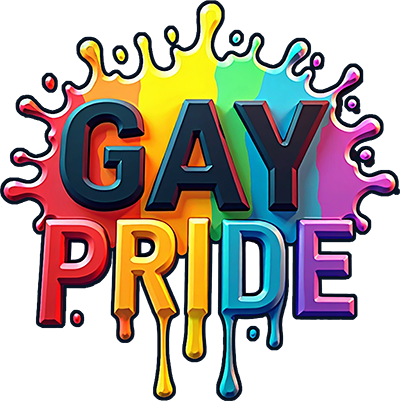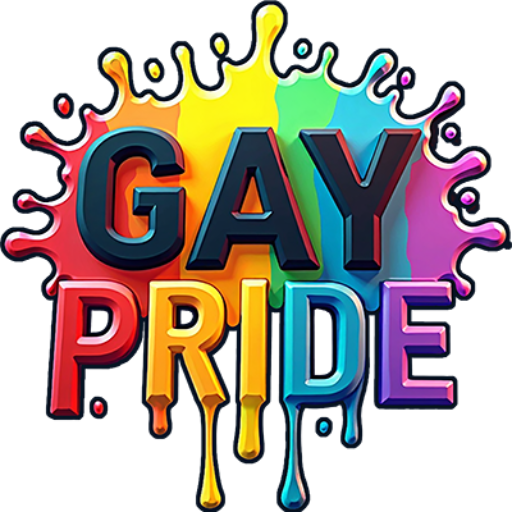LGBTQ History Month: Why It Matters
Every October, communities across the globe come together to celebrate LGBTQ History Month—a crucial time for reflection, education, and celebration of LGBTQ contributions throughout history. But why does it matter? Let’s dive deep into understanding its significance and the impact it has on society today.
Table of Contents
1. Understanding LGBTQ History Month
2. The Importance of Visibility 🌈
3. Educational Impact 📚
4. Celebrating Diversity and Inclusivity 🎉
5. How to Get Involved
6. Conclusion
7. FAQs
Understanding LGBTQ History Month
LGBTQ History Month is observed in October in the United States and a few other countries. It was first established in 1994 by Rodney Wilson, a high school teacher in Missouri, who recognized the need for a month dedicated to the celebration and teaching of gay and lesbian history. The month coincides with National Coming Out Day on October 11, enhancing its significance.
The Importance of Visibility 🌈
Visibility is a powerful tool in the fight for equality and acceptance. LGBTQ History Month shines a spotlight on the struggles and achievements of LGBTQ individuals, highlighting stories that have often been overlooked. By bringing these narratives to the forefront, the month fosters a greater understanding and empathy within the broader community.
Moreover, visibility combats stereotypes and misconceptions. When LGBTQ stories are shared, they humanize the community, breaking down barriers and fostering a more inclusive society.
Educational Impact 📚
One of the primary objectives of LGBTQ History Month is education. Schools, universities, and organizations worldwide use this time to educate people about LGBTQ history, rights, and culture. This educational effort is vital, as it not only informs but also empowers individuals to become allies and advocates.
Educational programs and resources developed during this month provide valuable insights into historical figures and events that have shaped the LGBTQ movement. These lessons are instrumental in understanding the ongoing struggles for equality and the resilience of the LGBTQ community.
Celebrating Diversity and Inclusivity 🎉
At its core, LGBTQ History Month is a celebration. It’s a time to honor the diversity within the LGBTQ community and recognize the unique contributions each individual brings. This celebration extends beyond the LGBTQ community, inviting people from all walks of life to join in acknowledging the beauty of diversity.
Events like pride parades, panel discussions, and art exhibitions held during this month encourage a spirit of inclusivity and solidarity. These celebrations remind us that embracing diversity enriches society as a whole.
How to Get Involved
Getting involved in LGBTQ History Month can be both rewarding and impactful. Here are some ways you can contribute:
🎨 Attend Local Events: Participate in parades, workshops, and discussions in your community.
📚 Educate Yourself: Read books, watch documentaries, and learn about LGBTQ history and issues.
💬 Spread Awareness: Use your voice on social media to share information and support LGBTQ causes.
🤝 Be an Ally: Support your LGBTQ friends and family by listening and standing up against discrimination.
Conclusion
LGBTQ History Month is more than just a commemoration; it’s a powerful reminder of the journey toward equality and the ongoing fight against discrimination. By understanding its significance, participating in educational activities, and celebrating diversity, we contribute to a more inclusive and understanding world.
FAQs
Q: Why is LGBTQ History Month celebrated in October?
A: October was chosen to coincide with National Coming Out Day on October 11, enhancing its importance and encouraging visibility and awareness.
Q: How can schools participate in LGBTQ History Month?
A: Schools can organize educational seminars, include LGBTQ figures in their curriculum, and host events to celebrate diversity and inclusivity.
Q: What can individuals do to support LGBTQ History Month?
A: Individuals can participate in local events, educate themselves on LGBTQ issues, and use their platforms to raise awareness and promote understanding.
Q: Is LGBTQ History Month recognized worldwide?
A: While it is primarily observed in the United States, similar months or days are celebrated in other countries to recognize LGBTQ contributions and history.
Q: What is the significance of National Coming Out Day during LGBTQ History Month?
A: National Coming Out Day on October 11 is a pivotal part of LGBTQ History Month, emphasizing the importance of visibility and encouraging people to share their stories.

